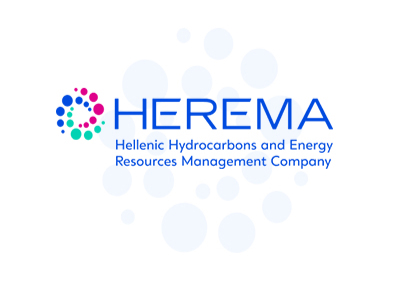PRESS RELEASE
Expansion of Scope of HHRM: Carbon Capture and Storage Projects
As of 15 April 2022, HHRM has become the competent authority for the licensing and monitoring of carbon (CO2) storage (CCS) projects, as well as for storage projects relating to other potential gases and liquids. This is in accordance with the amendment to the Ministry of Environment and Energy law that was voted in Parliament.
In particular, an amendment to HHRM’s founding law was submitted by the Ministry of Environment and Energy law (Chapter B, article 228), – as part of a bill by the Ministry of Finance (Law 4920/2022, Government Gazette A ’74/ 15.04.2022) – which expands the scope of HHRM SA.
In accordance with the aforementioned provision, HHRM SA is the designated authority “for the issuance of licenses for the exploration and storage of CO2 in geological formations and for the general management of the rights of the Greek State regarding the exploitation of geological formations for the storage of CO2 and other gases or liquids, including the conclusion and monitoring of the execution of the relevant contracts”. An additional responsibility for HHRM is the monitoring of the safe operation of the relevant projects, as well as the provision of assistance to the competent ministers for the issuance of the foreseen regulations.
This amendment to the constitution of HHRM SA is a milestone for the operation of the Company, while it also strengthens the organization’s role in the attainment of Greece’s energy transition goals. Mr. Aristofanis Stefatos, CEO of HHRM, said “CO2 storage is a key element for the transition to a zero-carbon economy and the Oil & Gas industry was the first adopter of CCS technology since the 1970s, providing them with the know-how to develop and operate the relevant infrastructure,” adding that “CCS opens up practical, short to medium term solutions for all those local industries that need to reduce their CO2 footprint and remain competitive in both local and international markets.”
CCS is a climate change mitigation technology that enables the reduction of CO2 emissions, and is set to play a key role in tackling global warming. CCS entails a three-step process: (1) capturing CO2 from industrial processes such as power generation, cement, steel and aluminum production, refining, and other; (2) transporting the captured CO2 via ship or pipeline to a designated storage area, and (3) storing such CO2 deep underground in specific geological formations. CCS can also include the removal of existing CO2 from the atmosphere.
